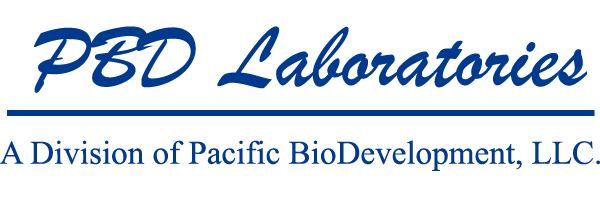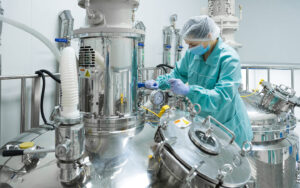Biotechnology is not just a trend—it’s a transformative force that is reshaping the pharmaceutical landscape. By leveraging living organisms, cellular systems, and molecular biology, biotechnological innovation is accelerating drug development, improving treatment efficacy, and opening the door to personalized medicine.
Key Advances Driving Pharmaceutical Biotechnology
1. Personalized Medicine
Thanks to genomic sequencing and biotechnological tools, treatments can now be tailored to an individual’s genetic profile. This means higher success rates, fewer side effects, and better patient outcomes.
2. Biologic Drugs and Monoclonal Antibodies
Unlike traditional chemically-synthesized drugs, biologics are created using living cells. Monoclonal antibodies, for instance, have revolutionized the treatment of autoimmune diseases and cancers by precisely targeting disease-causing agents.
3. Gene and Cell Therapies
CRISPR gene editing and stem cell therapies are leading a new wave of treatments for rare genetic disorders, previously untreatable conditions, and degenerative diseases. These therapies work at the root cause—our DNA.
4. Advanced Drug Delivery Systems
Biotechnology has enabled the development of innovative delivery methods such as nanoparticle carriers, which enhance drug absorption, reduce side effects, and improve therapeutic outcomes.
Benefits of Biotechnological Approaches in Pharma
- Accelerated drug discovery and testing
- Improved targeting and reduced toxicity
- Greater flexibility in treating complex diseases
- Potential to cure—not just treat—chronic illnesses
Real-World Impact
From mRNA vaccines against COVID-19 to CAR-T cell therapies for leukemia, biotechnological advances are already saving lives. As investment and research continue to grow, the pharmaceutical industry is entering a new era—one that prioritizes precision, safety, and innovation.
Final Thoughts
The fusion of biotechnology and pharmaceuticals is revolutionizing modern medicine. Companies, researchers, and policymakers must continue to foster this synergy to bring cutting-edge treatments to patients faster and more efficiently. The future of healthcare is biotechnological, and it’s closer than you think.








